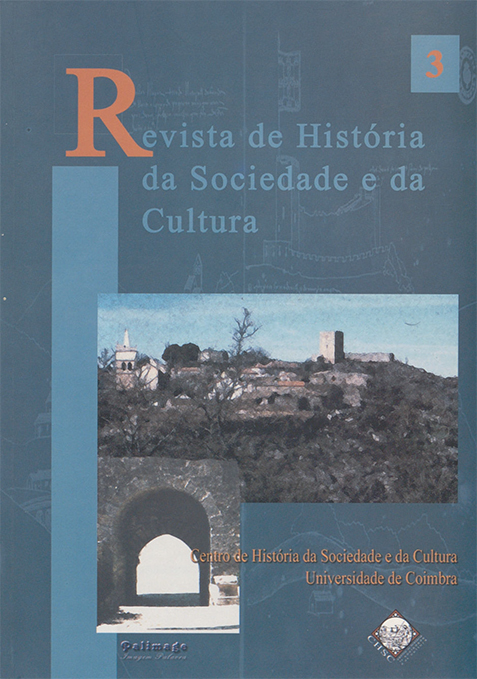Women in the Traditional Society of Upper and Lower Côa
DOI:
https://doi.org/10.14195/1645-2259_3_2Keywords:
Woman, Traditional society, Exposed, Social employment, Farm cultureAbstract
An "unemployed" person is by definition someone who does not have a paid job, who is seeking one and is hence available to work. In other words, there have to be positive impulses from both offer and demand in the framework of the labour market. Taking into account the relevant historical differences, we shall argue (we could even prove) in this study that in the traditional society of the 19th-century Upper and Lower Côa job offer was in general weak and it affected especially women, as far as both opportunities and wages were concerned. Even so, they worked in farming, in "arts" or in small industries and services, seeking what we call (nowadays) "social employment", although badly paid. Therefore, the need to guarantee survival lead women to "abandon" their children who were born out of wedlock, thus facing during the "Regeneration" public slander: they were accused of being "barbarian" or insensitive to the values of maternity. Yet we believe that (at least in most cases) what was at stake was precisely the opposite.
However, we shall seek to look at other sides to women in these regions: the woman-prostitute, the woman-nurse, woman as the educator and the educated, woman in relation to death...
Downloads
Downloads
Published
Issue
Section
License

This work is licensed under a Creative Commons Attribution 4.0 International License.
Authors retain copyright and grant the journal right of first publication with the work simultaneously licensed under a Creative Commons Attribution License that allows sharing the work with recognition of authorship and initial publication in Antropologia Portuguesa journal.











